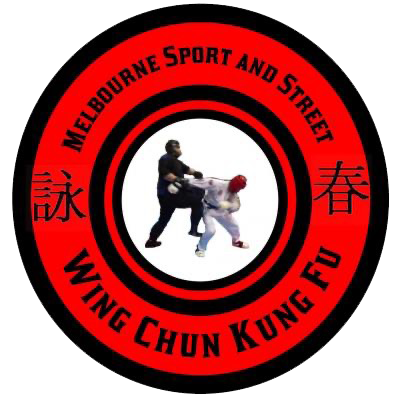Did Karate Come from Africa? Unraveling the Origins of Timeless Martial Arts
By Maurice Novoa a master under the Yuen Kay Shan, Ip Man and Pan Nam lineages.
Introduction:
Karate, with its powerful strikes and dynamic techniques, is a martial art that has captivated practitioners and enthusiasts worldwide.
As an experienced martial arts instructor with over 30 years of experience, I’m here to explore the intriguing question: Did karate come from Africa?
Join me on a journey through history to uncover the origins of this ancient martial art.
1. The Origins of Karate: A Journey Back in Time
Karate’s roots can be traced back to the Ryukyu Islands, now part of modern-day Okinawa, Japan. However, the story of karate’s origin is not as straightforward as it may seem.
To truly understand its beginnings, we need to travel further back in time to a period when the Ryukyu Kingdom was a melting pot of cultures and influences.
2. The Ryukyu Kingdom: A Cultural Crossroad
The Ryukyu Kingdom was a significant trading hub in the East China Sea, where merchants and sailors from neighboring countries frequently visited.
This cultural crossroad exposed the Ryukyu people to diverse martial arts and combat techniques from China, Southeast Asia, and even parts of Africa.
3. Influence from Fujian White Crane Kung Fu
One prevalent theory suggests that karate was influenced by Fujian White Crane Kung Fu from China. During the Ming Dynasty, Chinese martial artists migrated to Okinawa, bringing their knowledge and skills with them.
The agile and deceptive movements of White Crane Kung Fu likely played a role in shaping the early forms of karate.
4. African Influence on Martial Arts: A Controversial Hypothesis
In recent years, a controversial theory has emerged, suggesting that karate may have been influenced by African martial arts. Some researchers point to cultural connections between the Ryukyu Kingdom and African regions, leading to the exchange of knowledge and practices.
While there is intriguing evidence of African influence in Okinawa’s culture, such as the use of African textiles and the presence of African slaves, concrete evidence of direct African martial arts influence on karate remains scarce.
5. Karate’s Evolution in Okinawa
Regardless of its specific origins, it is undeniable that Okinawa played a pivotal role in the development of karate. Over centuries, karate evolved through the contributions of various martial artists, blending elements of indigenous Ryukyuan martial arts, Chinese martial arts, and other cultural influences.
6. Gichin Funakoshi: The Father of Modern Karate
In the early 20th century, karate underwent further transformation thanks to the efforts of Gichin Funakoshi.
Funakoshi, often referred to as the “Father of Modern Karate,” was instrumental in introducing karate to mainland Japan and later to the world. His systematic approach and emphasis on character development contributed to karate’s widespread popularity.
7. Karate Today: A Global Phenomenon
Today, karate has transcended its humble beginnings in Okinawa to become a global phenomenon. It has gained recognition as an official Olympic sport and has millions of practitioners across the globe.
8. Embracing the Spirit of Karate
Regardless of its exact origins, the spirit of karate remains rooted in discipline, respect, and self-improvement. Practitioners of karate strive for personal growth, physical and mental development, and a deeper understanding of themselves.
Conclusion:
The question of whether karate came from Africa remains an intriguing and open-ended topic. While there are suggestions of cultural connections between the Ryukyu Kingdom and Africa, the direct influence of African martial arts on karate is yet to be conclusively proven.
What is certain is that karate’s evolution was shaped by a fusion of cultural influences, including Chinese martial arts, indigenous Ryukyuan traditions, and the vision of individuals like Gichin Funakoshi.
As we continue to explore the rich history of martial arts, it is essential to appreciate the enduring spirit of karate. Its values of discipline, respect, and self-improvement have made it not just a powerful fighting style but a path of personal growth and self-discovery for millions of practitioners worldwide.

